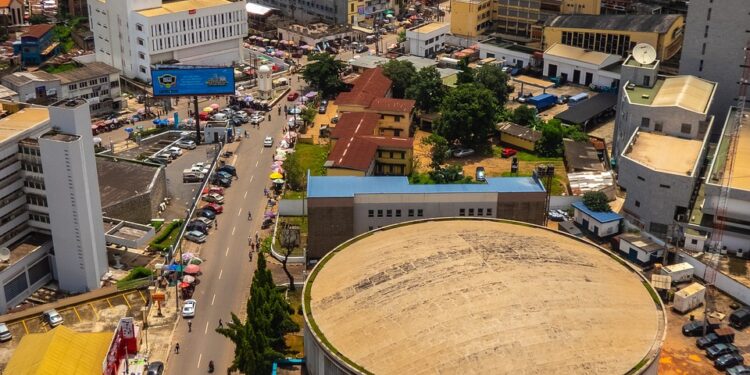As Nigeria marks 64 years of independence, its economic freedom still feels out of reach. The constant problem of inflation has badly hurt the country’s economy, making things more expensive, slowing down growth, and affecting the lives of many people. It’s important to face the truth: Nigeria’s inflation problem is like a time bomb, putting the whole society at risk.
A History of Poor Management
Over the years, different governments have not been able to control inflation. Instead, they made it worse with careless financial decisions. The Central Bank of Nigeria wanted to keep inflation between 6-9%, but actual rates have always been higher. Food prices have gone up a lot, reaching 34.8% in August 2024.

Causes of Inflation in Nigeria
Inflation in Nigeria is driven by various factors. The government’s practice of printing too much money and setting low interest rates, along with irresponsible spending and borrowing, are major contributors. Poor infrastructure, insecurity, and logistical issues also play a part.
Additionally, changes in import prices, exchange rates, and global economic events, as well as rapid population growth and urbanization, have a significant impact.
Effects of Inflation
The effects of inflation are widespread. It becomes harder for people to afford basic needs, income inequality and poverty increase, investment decreases, and economic growth slows down. Moreover, the value of the naira drops compared to other currencies.
Families are having a hard time paying for basic things because prices are too high. Small businesses are struggling with increasing costs, causing many to close. The middle class is shrinking, leaving behind only the rich and the poor. The country’s future is uncertain as investments and growth slow down.
Nigeria’s inflation problem is a sign of bigger issues within the system. Corruption and poor management affect government agencies, while outdated infrastructure limits economic progress. Relying too much on oil revenue makes the economy easily affected by global changes, and not having a varied economy stops new ideas and growth.
To fix the inflation issue, Nigeria needs to make big changes to its money and spending policies, expand its economy by investing in farming, making things, and technology, improve people’s skills through better education, make government agencies more honest and responsible, and create a good environment for businesses to encourage new ideas and growth.
















